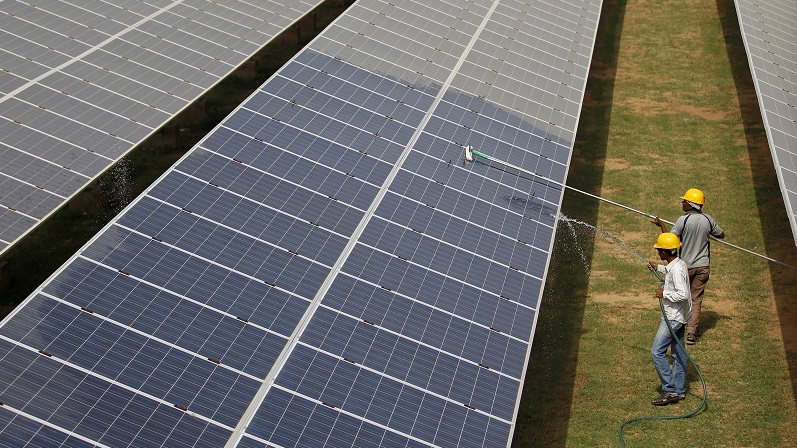The President of the World Bank, David Malpass, has disclosed that the organization may alter its internal lending policies to free up $4 billion in annual loan capacity in response to pressure to do more to assist developing nations in coping with climate change.
The International Bank for Reconstruction and Development (IBRD) arm of the bank, according to Malpass, may reduce its equity-to-lending ratio by one percentage point to 19%.
According to an independent assessment created for the Group of 20 (G20) major economies last year, the bank will thus assume a little bit more risk.
Read Also: ECT head says EU is defending fossil fuels by opposing reforms
Reducing greenhouse gas emissions and assisting nations in their efforts to adapt to climate change are two of the bank’s primary priorities.
This purpose is becoming more crucial to how the bank allocates funds as a result of continuing reforms.
At a time when there are more pressing global issues, including the conflict in Ukraine, lowering the equity-to-lending ratio would free up more resources, according to Malpass.
By the April meetings of the bank and the International Monetary Fund, the bank’s board, which is composed of governors chosen by its member states, is anticipated to decide on the matter.
Story was adapted from Climate Home News
